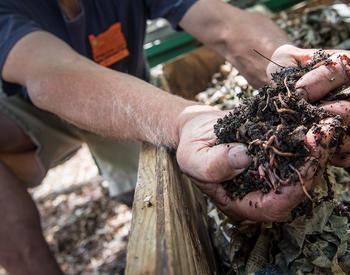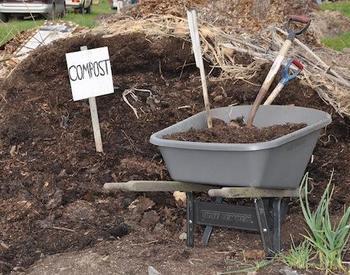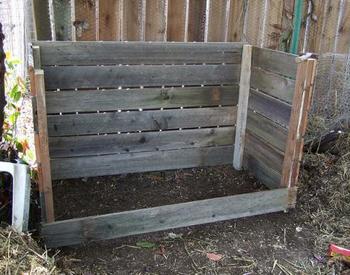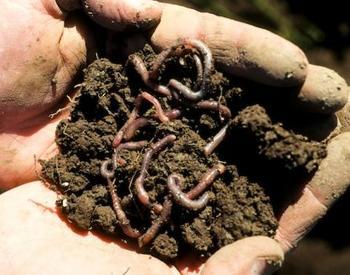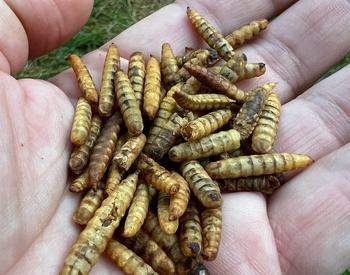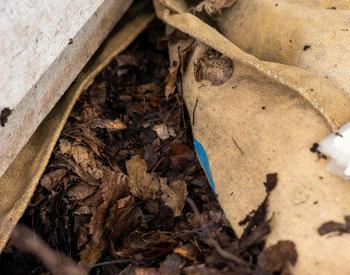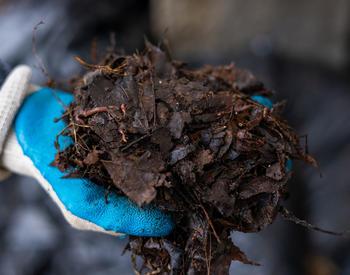[Music]
we're at the Grassroots garden and the
way the Grassroots Garden creates such
amazing vegetables is they take
advantage of the city of Eugene's leaf
collection program they ask the city to
bring in hundreds and hundreds of yards
of leaves and local arborus bring in as
many loads of wood chips and they turn
that organic matter into the soil and
make it bug food and it's the bugs it's
the bacteria and microorganisms that
create the fertility that grows 60,000
lbs of vegetables for Mary Bradley every
year composting can be very simple or it
can be kind of complicated depending on
which direction you're coming from but
you know if you just think about these
four simple things that a good compost
needs it needs a source of nitrogen
which is typically our grass clippings
and our food scraps it needs a source of
carbon which is typically our leaves and
our shredded paper and straw and maybe
even wood chips or sawdust it needs air
because we want to encourage the growth
of aerobic organisms and then we want to
water everything down so that it's as
moist as a rung out sponge so as long as
we have carbon nitrogen air and water
you should be good to go and build it in
a nice 3x3 pile and it should heat up
very nicely for
you we recommend whatever compost method
draws a person so they might want to
work with worms because they have
children and they want to teach their
children the benefits of returning food
scraps through worms back to the Earth
they may have a lot of yard debris and a
lot of grass clippings and they may want
to set up a big pallet type compost bin
to take care of all that material so it
really depends on what works for
somebody I think the easiest method for
most folks is a very simple dump and
cover method and it can be used in any
kind of Bin that you might have and it's
just a simple matter of taking your
counter top compost out to your compost
area lifting the lid dumping it in and
then reaching for whatever carbon Source
you use and covering those food scraps
so they're not
visible when we backyard compost we
reduce the landfill space that's being
taken up we reduce the amount of methane
that's being created the compost that
gets generated or created when we work
it into our soils it helps reduce the
amount of watering that we need to do we
can grow bigger healthier plants that
withstand pests and bugs it helps hold
water it helps let go of water if you've
got really clay soils it's kind of like
an all-purpose Elixir there's nothing
that can't be improved by adding compost
to your soil
[Music]
